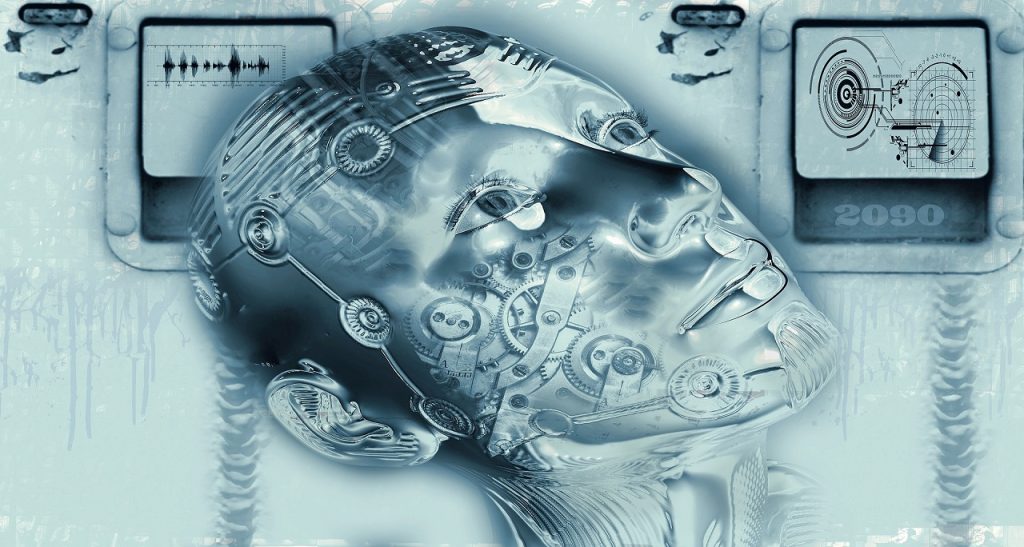Introduction
Artificial intelligence (AI) has rapidly transformed many industries in recent years, bringing with it a range of benefits such as increased efficiency, improved accuracy, and enhanced decision-making. However, with this rapid advancement comes the need for regulations to ensure that AI is used in a responsible and ethical manner. In this article, we will explore the role of regulation in AI and its importance in ensuring that AI is used in a way that benefits society as a whole.
The Need for Regulation
AI has the potential to bring about significant benefits, but it can also be misused or abused if left unchecked. For example, there have been cases where AI has been used to discriminate against certain groups of people, such as in hiring practices or in the criminal justice system. There have also been concerns about the use of AI in surveillance and privacy violations, as well as in the development of autonomous weapons.
In order to address these concerns and ensure that AI is used in a responsible and ethical manner, regulations are necessary. Regulations can help to establish guidelines and standards for the development, deployment, and use of AI, as well as provide accountability for those who develop and use it. This is particularly important given that the development of AI is often driven by profit motives, which can sometimes come at the expense of ethical considerations.
Types of Regulation
There are several types of regulation that can be used to govern the development and use of AI. These include:
Technical standards: Technical standards can be established to ensure that AI systems are developed in a way that is safe, secure, and transparent. This can include standards for data privacy, cybersecurity, and algorithmic transparency.
Certification: Certification can be used to ensure that AI systems meet certain standards and criteria. This can help to build trust and confidence in AI systems and ensure that they are used in a responsible and ethical manner.
Liability: Liability can be established to ensure that those who develop and deploy AI systems are held responsible for any harm that they may cause. This can help to incentivize developers and companies to prioritize safety and ethical considerations in the development of AI systems.
Governance: Governance can be established to ensure that AI is developed and used in a way that is aligned with social values and priorities. This can include the establishment of ethical principles, the creation of oversight bodies, and the involvement of stakeholders in the development and deployment of AI.
Benefits of Regulation
The benefits of regulation in AI are numerous. For one, regulations can help to ensure that AI is developed and used in a way that is safe and secure, minimizing the risk of harm to individuals or society as a whole. Regulations can also help to ensure that AI is developed in a way that is transparent and accountable, which can help to build trust and confidence in AI systems.
Regulations can also help to promote innovation in AI by establishing clear guidelines and standards for the development and deployment of AI systems. By providing a framework for responsible and ethical AI development, regulations can help to create an environment that fosters innovation and encourages the development of new and innovative AI systems.
Challenges of Regulation
Despite the benefits of regulation, there are also several challenges associated with regulating AI. One of the main challenges is the pace of technological change. AI is advancing at a rapid pace, and regulations may struggle to keep up with these advancements. This can lead to outdated regulations or regulations that do not address emerging ethical concerns.
Another challenge is the difficulty of regulating AI in a global context. AI is being developed and used around the world, and regulations may differ between countries or regions. This can create challenges for companies that operate globally, as they may need to comply with different regulations in different markets.
Finally, there is the challenge of balancing regulation with innovation. While regulations are necessary to ensure that AI is developed and used in a responsible and ethical manner, overly strict regulations can stifle innovation and limit the potential benefits of AI. It is important to strike a balance between regulation and innovation to ensure that AI can be developed in a way that benefits society while also being safe and ethical.
Conclusion
In conclusion, regulation is an important component of ensuring that AI is developed and used in a responsible and ethical manner. While there are challenges associated with regulating AI, such as keeping pace with technological advancements and balancing regulation with innovation, the benefits of regulation outweigh these challenges. By establishing clear guidelines and standards for the development and deployment of AI systems, regulations can help to promote innovation, build trust and confidence in AI, and ensure that AI is used in a way that benefits society as a whole.

